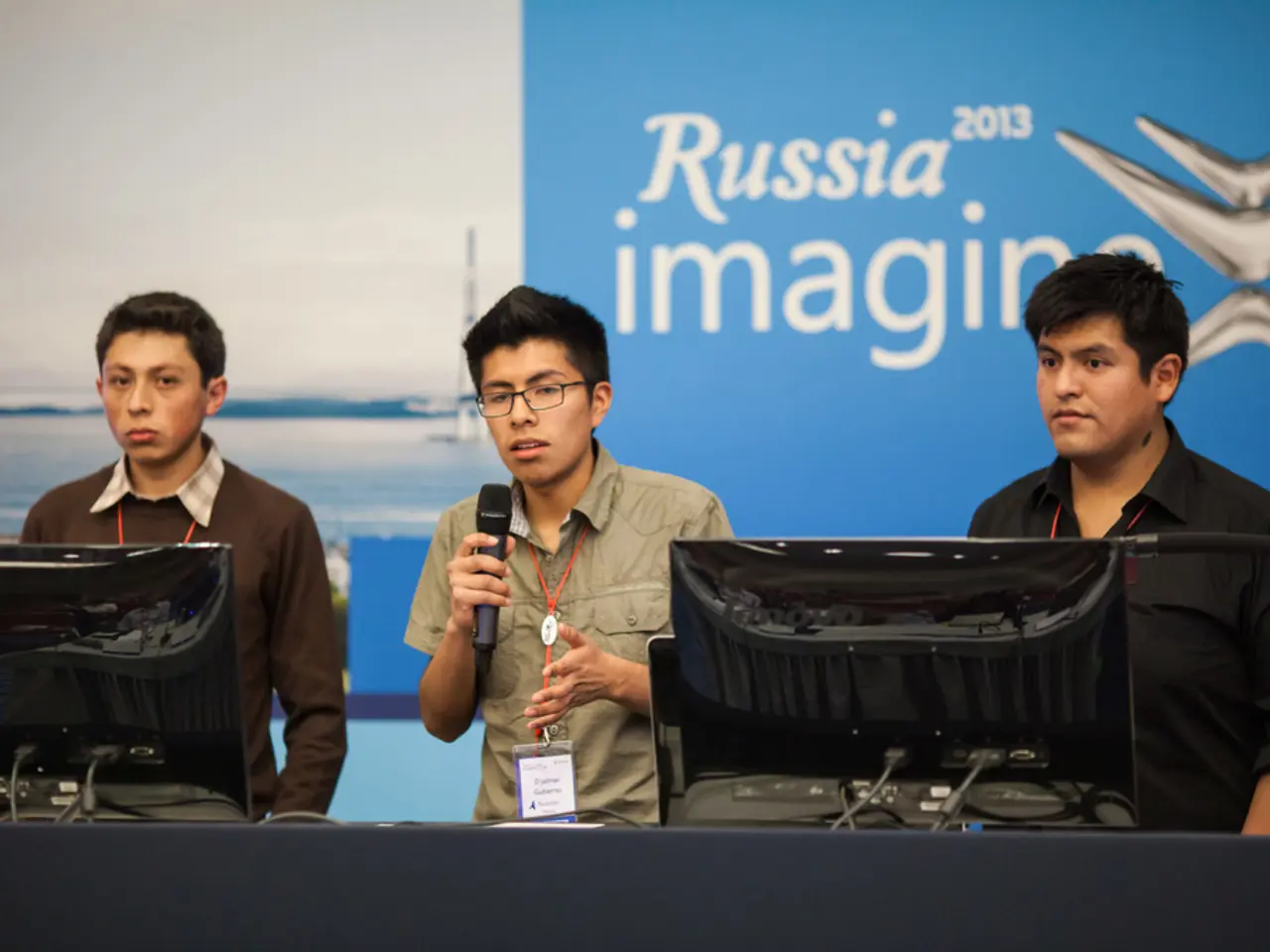International Security Council Addresses Escalating Ukraine Conflict
** Headline: Escalating Tensions in Ukraine, UN Security Council Engages in Urgent Discussions**
The UN Security Council is addressing the ongoing conflict in Ukraine on this Friday evening. In response to "Russia's latest wave of terror and brutal attacks on Ukraine," a meeting was hastily convened at the request of Ukraine's Foreign Minister, Andrii Sybiha [1]. He warned that the present situation requires "clear signals that pressure on the aggressor must be increased, and Ukraine must be supported, including additional air defense capabilities" [1].
In the wake of these massive air strikes on Kyiv, over 28 civilians have been confirmed dead, and more than 140 wounded. Amidst these heartbreaks, Ukraine officials have reported that some of the remains handed over by Russia include personnel of their armed forces [1]. This revelation has sparked accusations of Moscow's "gross cynicism," as they are believed to be using the deceased bodies as a tool for manipulation and psychological warfare.
Meanwhile, US President Trump made an early exit from the G7 summit in Canada, which has been speculated to involve factors beyond the Middle Eastern crisis [2]. It is said that he was upset about French President Macron's visit to Greenland before reaching Canada and the apparent lack of interest in meeting Ukrainian President Zelenskyy in Canada [2].
The situation has not spared neighboring countries either. In response to security concerns arising from Russia's hybrid war against Ukrainian supporters, Latvia has banned Russian and Belarusian citizens from purchasing real estate [3]. The parliament claims that this measure is intended to prevent indirect acquisitions of real estate in other countries, a strategy used by Russia to justify its military actions [3].
Adding more complexity to the situation, Pyongyang and Moscow are rumored to be considering a deeper military partnership, as North Korea is contemplating sending approximately 25,000 workers to a drone factory in Russia [4]. These workers would bolster production in exchange for training in operating drones, potentially intensifying military cooperation between the countries.
In an attempt to alleviate tensions, Spain is blocking NATO plans to boost defense spending to five percent of the country's GDP by 2032, viewing this commitment as both "disproportionate" and "counterproductive" [5]. As Spain currently falls behind its NATO partners with military spending of around 1.3 percent, it argues that it would only need to spend 2.1 percent of the nation's GDP to cover the military's estimated investment needs [5].
On a positive note, several prisoner exchanges have been reported between Russia and Ukraine, with both sides releasing detainees, including severely injured and ill soldiers [1].
As the conflict rages on, it's crucial to remain informed about ongoing developments and the global community's response. Keep an eye on the UN Security Council and the actions taken towards achieving a just and lasting peace in Ukraine. 🔗[Facebook][Twitter][Whatsapp][Email][Print][Copy Link]
Sources:
[1] Wiese ready to engage in talks with Putin, but doubts his seriousness
[2] Denmark seeks to push Ukraine's EU accession during EU Council presidency
[3] Latvia bans Russians, Belarusians from buying real estate
[4] North Korea could send up to 25,000 workers to Russia for drone production
[5] Spain rejects new NATO defense spending goal
Community members are urged to familiarize themselves with the UN Security Council's community and employment policies during times of war and conflicts, such as the ongoing conflict in Ukraine. These policies aim to ensure a cohesive and effective response to global issues like political instability and general news events.
Politics and global news agencies must prioritize the sharing of accurate and timely information, helping the international community make informed decisions and respond appropriately to crises, such as the escalating tension in Ukraine.






